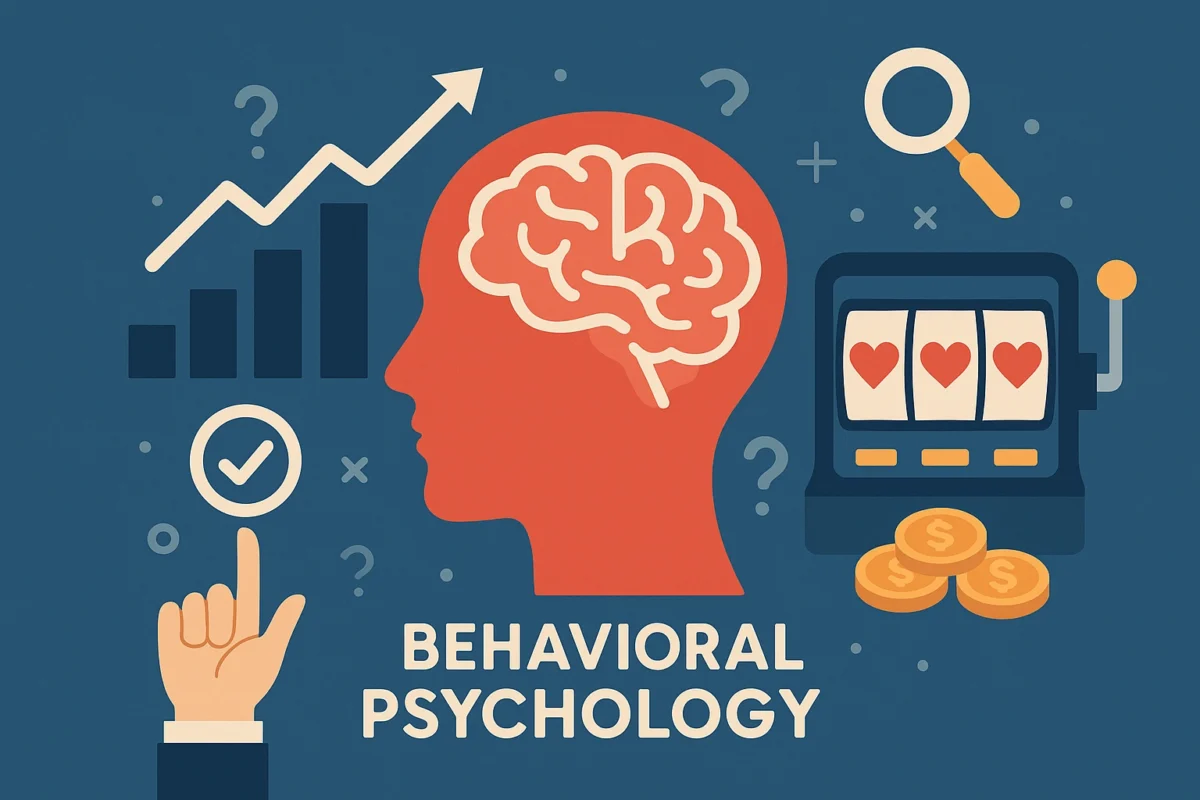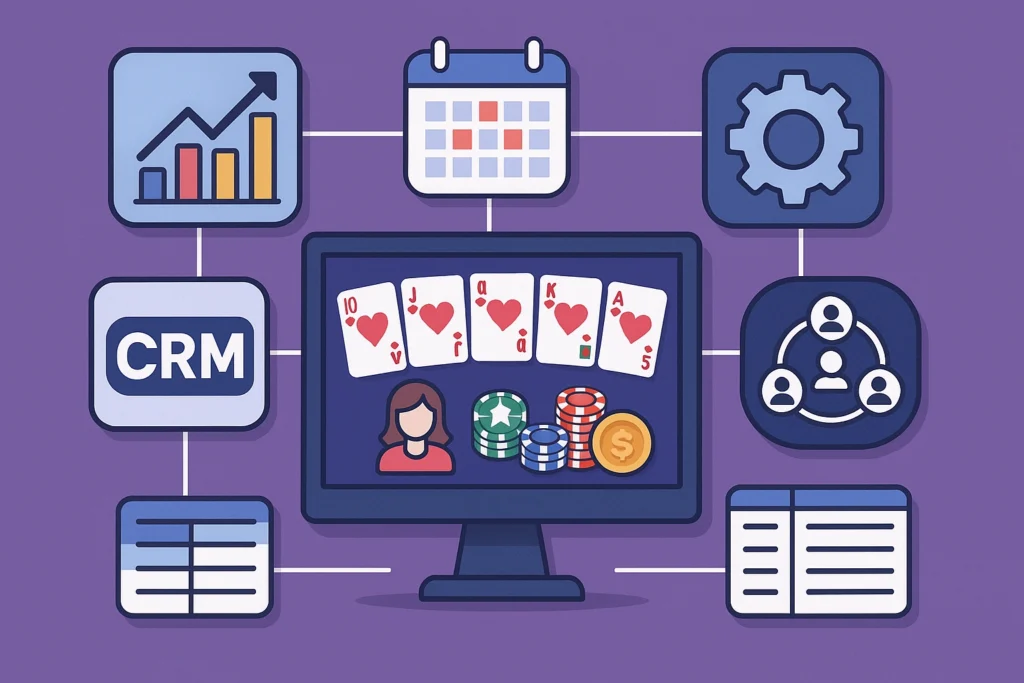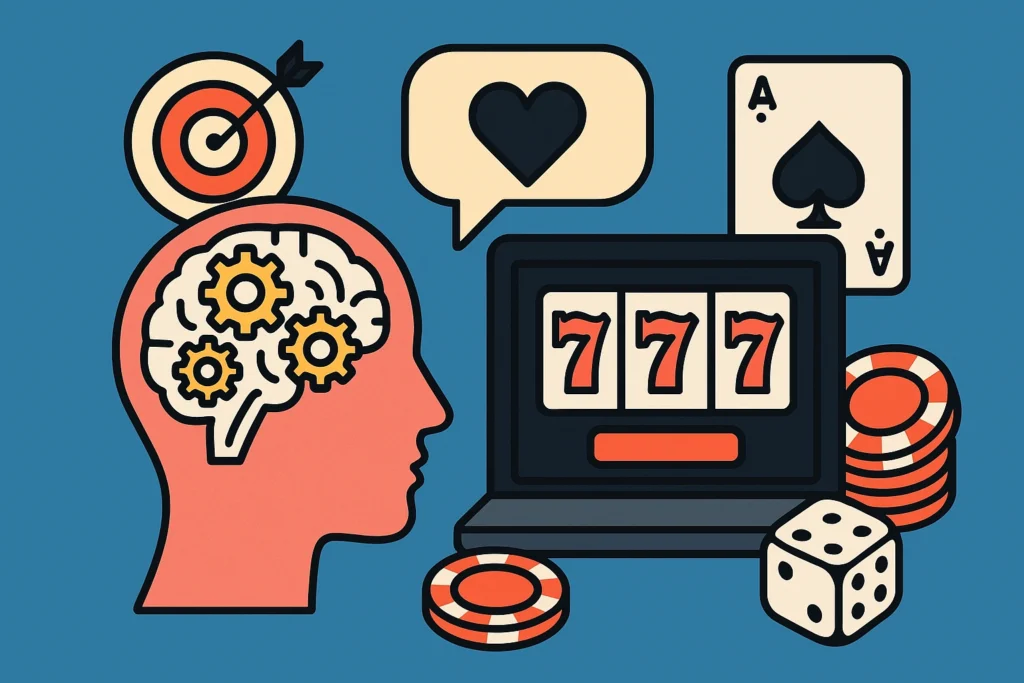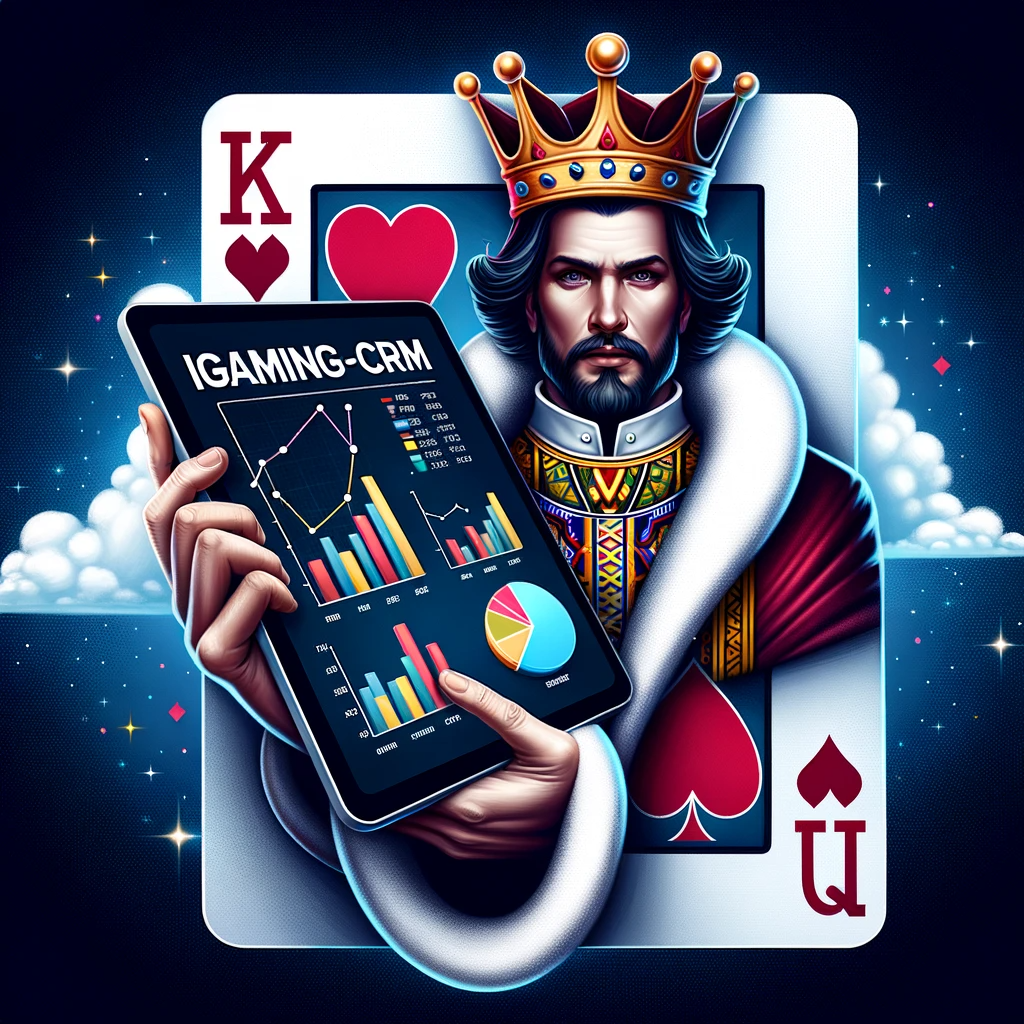How Behavioral Psychology is Shaping the Future of Online Gaming Engagement

Online gaming has moved far beyond just fast servers and eye-popping graphics. Today, the key to keeping players logging in daily is psychology-driven engagement. As the sector expands, game developers and operators are actively using behavioral psychology principles to fine-tune every part of the player experience from crafting compelling reward loops and gamification mechanics to serving up personalized offers via iGaming CRM systems.
Understanding player motivation lets iGaming companies significantly boost retention, foster deep loyalty, and deliver highly individualized experiences. In this article, we will look at how psychology is driving iGaming trends, its vital role in the future of the industry, and how CRM advancements are converting simple player data into powerful, lasting engagement strategies.
The Role of Behavioral Psychology in Gaming
Behavioral psychology is the study of how people think, feel, and act in response to their environment. In gaming, this translates to understanding what makes players:
- Keep playing longer.
- Return to the platform frequently.
- Spend more time and money.
For igaming companies, tapping into these behavioral cues means creating environments where user experience feels rewarding and natural. Psychology in gaming is about designing systems that align with player motivations.
Also See: Best CRM Services for iGaming: Top Solutions for Your Business
Key Psychological Principles Behind Player Engagement
1. Rewards and Reinforcement
Humans are wired to seek rewards. In gaming, this can mean daily login bonuses,. achievement badges, and randomized loot drops.
This reinforcement loop keeps players coming back. By combining it with gamification CRM systems, operators ensure that rewards feel both personalized and motivating.
2. The Power of Loss Aversion
Players dislike losing more than they enjoy winning. This is why limited-time events, exclusive offers, and streak bonuses work so well. A player who risks losing progress is more likely to stay engaged.
3. Social Proof and Community
People enjoy playing where others are active. Leaderboards, multiplayer modes, and community-driven events create a sense of belonging. Social mechanics increase player engagement while strengthening loyalty.
4. Flow State
Games designed with the right level of challenge encourage players to enter “the zone.” Too easy, and they get bored. Too hard, and they quit. Behavioral psychology helps balance difficulty to maintain that sweet spot.
Online Gaming CRM: Turning Psychology into Strategy

Behavioral psychology insights are powerful, but they need the right infrastructure to scale. That’s where online gaming CRM tools come in. These platforms track player behavior, analyze patterns, and recommend personalized actions.
Features of gaming CRM tools include:
- Player Analytics: Tracks time spent, preferred games, and spending habits.
- Segmentation: Groups players into categories based on behavior, not just demographics.
- Personalized Offers: Matches promotions with a player’s unique profile.
- Retention Campaigns: Uses predictive analytics to prevent churn.
With CRM innovation, psychology becomes actionable. Operators can move from general promotions to tailored interactions that resonate with individual players.
Emerging iGaming Trends Driven by Psychology
1. Gamification of Loyalty Programs
Loyalty is no longer about static point systems. Platforms now use gamified challenges, missions, and progression systems to make retention engaging.
2. Real-Time Player Analytics
Instead of relying on monthly reports, companies track player behavior in real time. If a user shows signs of dropping off, interventions like special offers or personalized messages happen instantly.
3. AI-Powered Personalization
By combining behavioral psychology with machine learning, platforms predict player needs before they’re expressed. This leads to ultra-personalized user experiences.
4. Ethical Gaming Practices
Psychology can be misused. That’s why responsible gaming features like session reminders, spending caps, and self-exclusion options are becoming standard. Balancing engagement with player well-being builds long-term trust.
How Psychology Improves Player Retention

Retention is the backbone of profitable gaming platforms. Player retention strategies shaped by psychology ensure that users feel valued, not just monetized. Here’s how:
Personal Relevance: Players engage longer when games reflect their goals and preferences.
Emotional Connection: Storylines, avatars, and social features help players form attachments.
Predictive Models: Behavioral data forecasts churn, allowing timely re-engagement.
Satisfaction Over Time: A mix of short-term wins and long-term progression maintains interest.
When psychology drives design, retention rates rise naturally.
Also See: Gamification in CRM: Casinos Are Keeping Players Hooked
The Future of Behavioral Psychology in iGaming
Looking ahead, behavioral psychology will remain central to innovation in the industry. Expect to see:
Deeper CRM Personalization: Tools that adapt in real time, tailoring experiences second by second.
Cross-Platform Engagement: Seamless user experiences across mobile, desktop, and VR platforms.
Emotion Recognition: Advances in AI may allow games to respond to facial expressions, tone, or gestures.
Community-First Models: Players won’t just join communities, they’ll help shape them.
This future aligns with broader iGaming trends, where psychology, technology, and ethics combine to create sustainable growth.
FAQ: Behavioral Psychology in iGaming
How does behavioral psychology increase player engagement?
It helps operators design systems that align with player motivations such as rewards, social interaction, and challenge—keeping users active longer.
What role does CRM play in online gaming?
CRM tools turn behavioral insights into actionable strategies, delivering personalized offers and retention campaigns.
Are psychological tactics ethical in gaming?
Yes, when applied responsibly. Features like spending caps and reminders ensure balance between engagement and player well-being.
What iGaming trends are most influenced by psychology?
Gamified loyalty programs, AI-driven personalization, and real-time analytics are all built on psychological principles.
Can behavioral psychology improve player retention?
Absolutely. By making players feel valued and connected, retention strategies based on psychology are highly effective.
Conclusion
Ultimately, connecting with online gamers comes down to blending psychology and technology. If operators use smart CRM to apply lessons from behavioral psychology, they can create places that make players feel great: motivated to play, connected to the community, and valued as a customer. In the evolving iGaming landscape, the real leaders will be those who get players on a human level.
